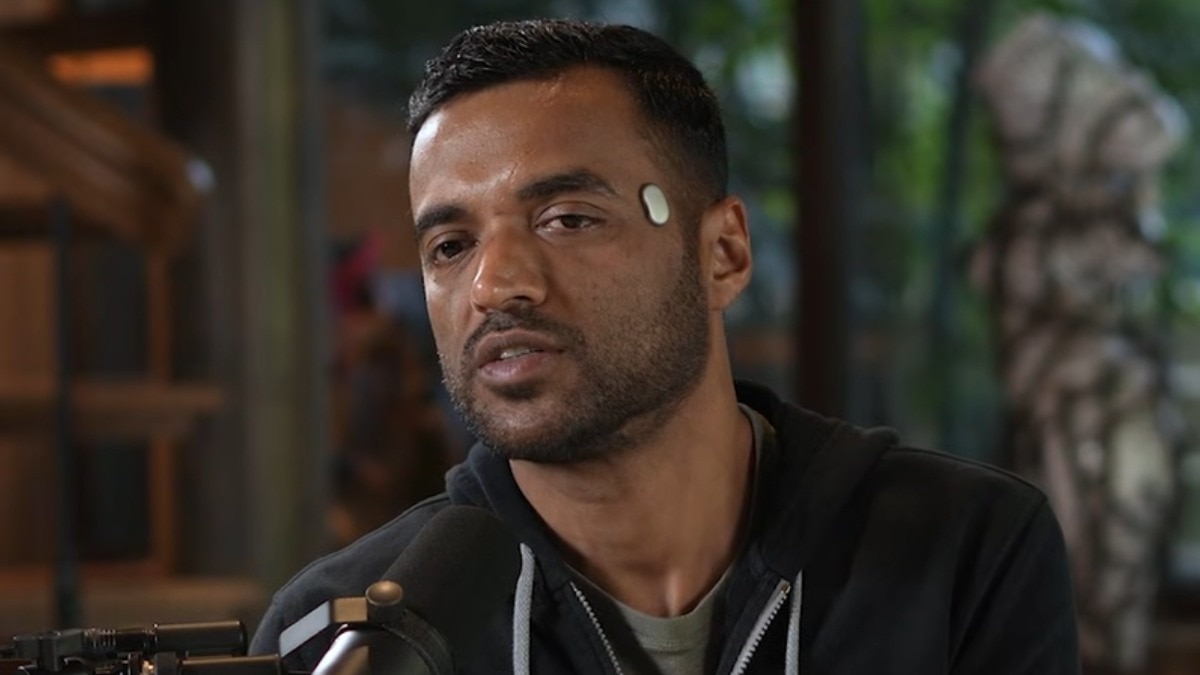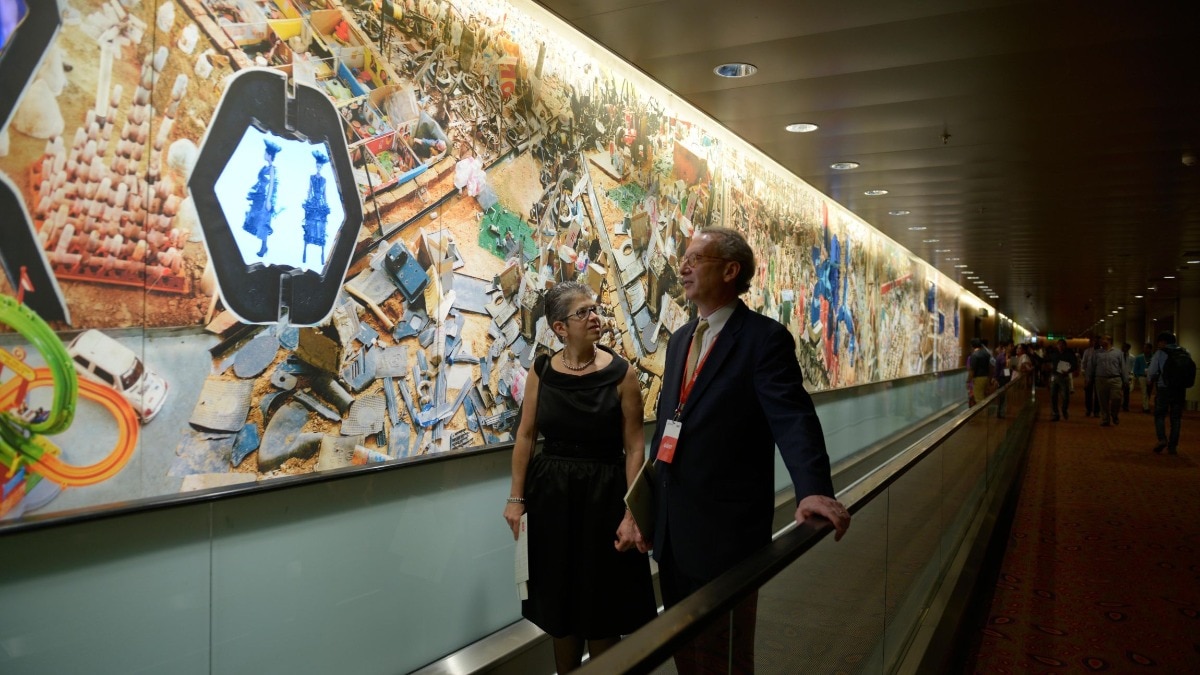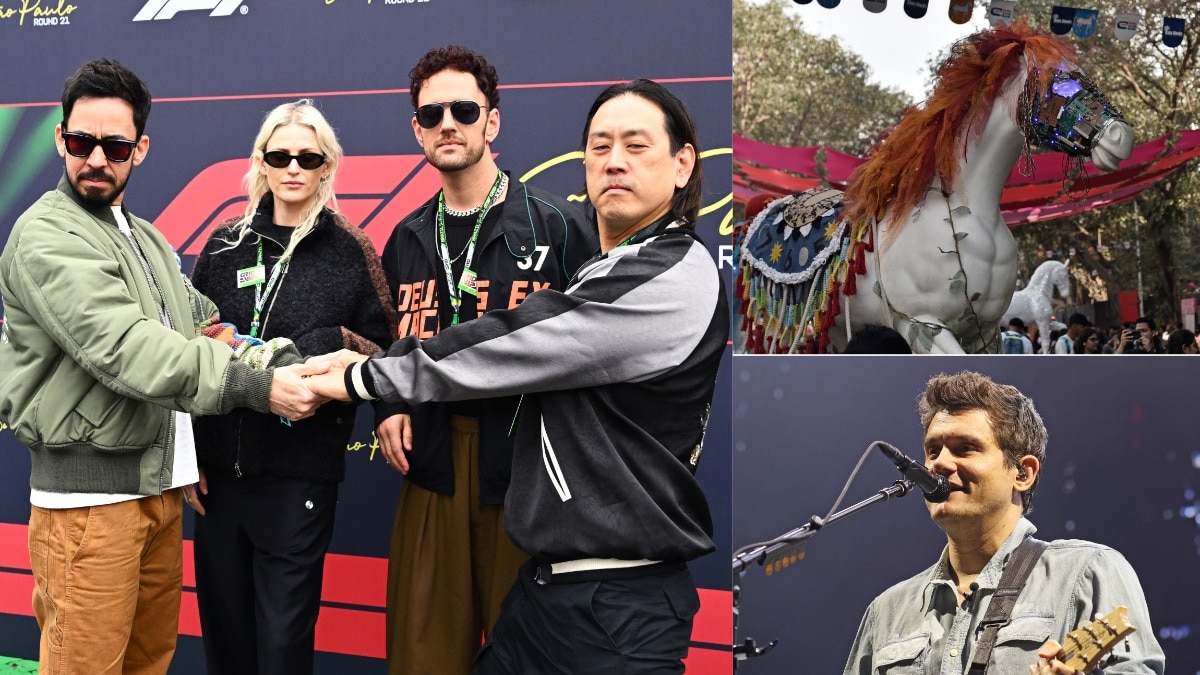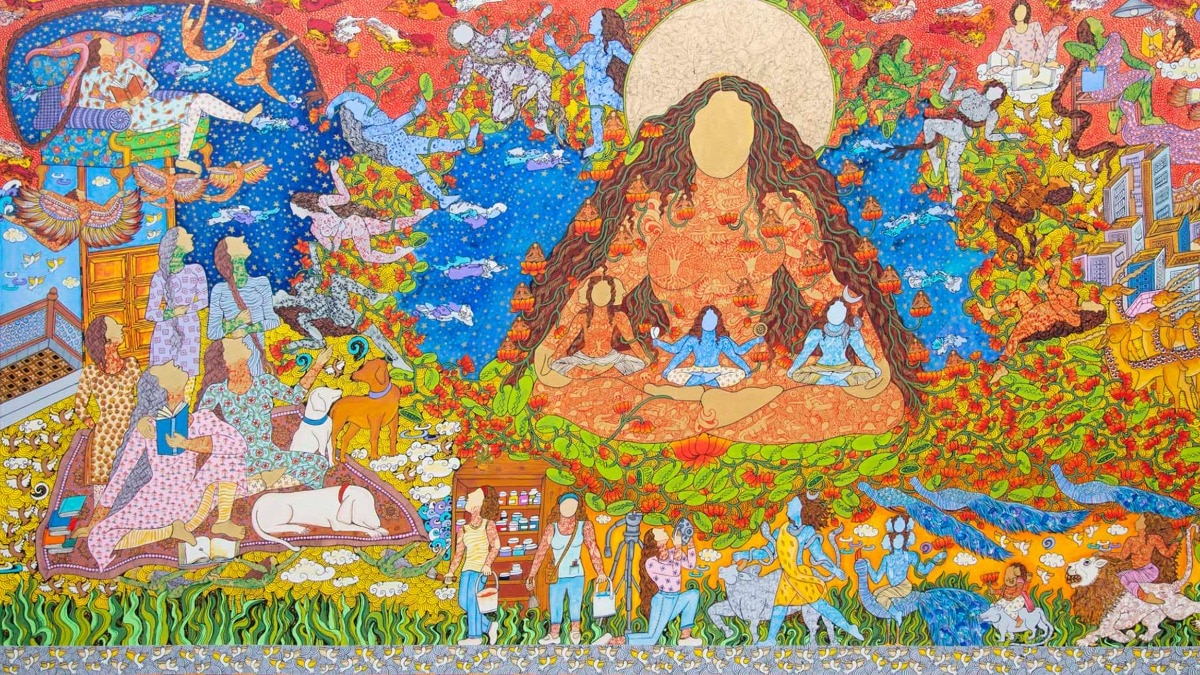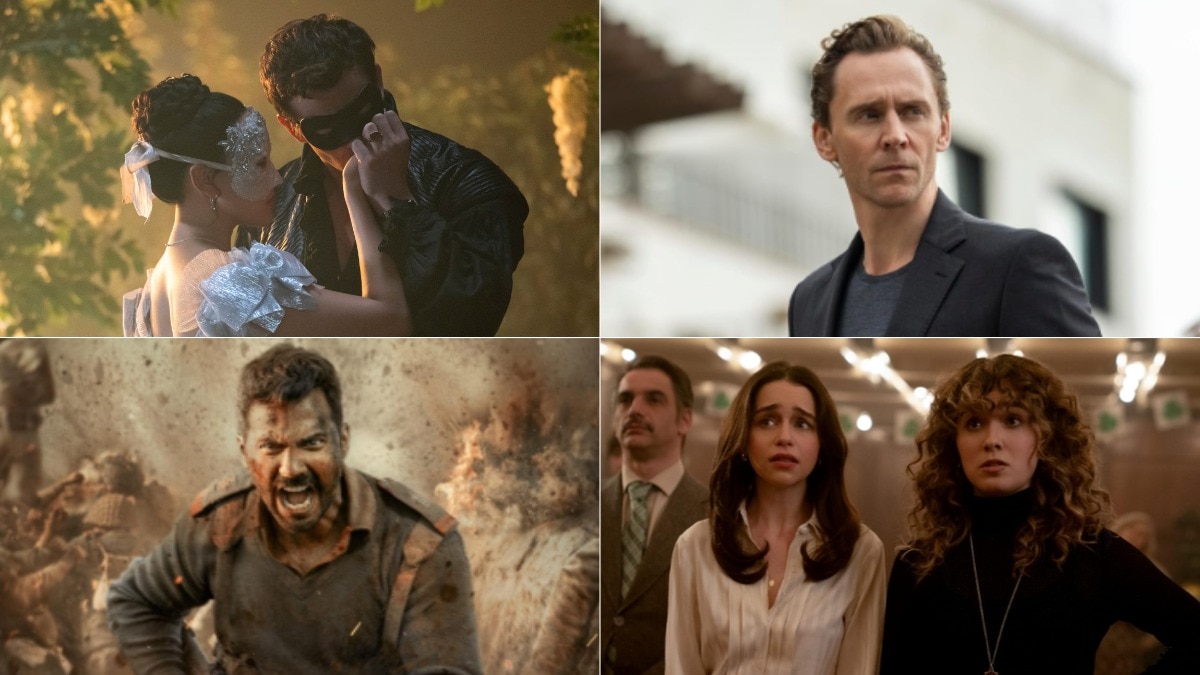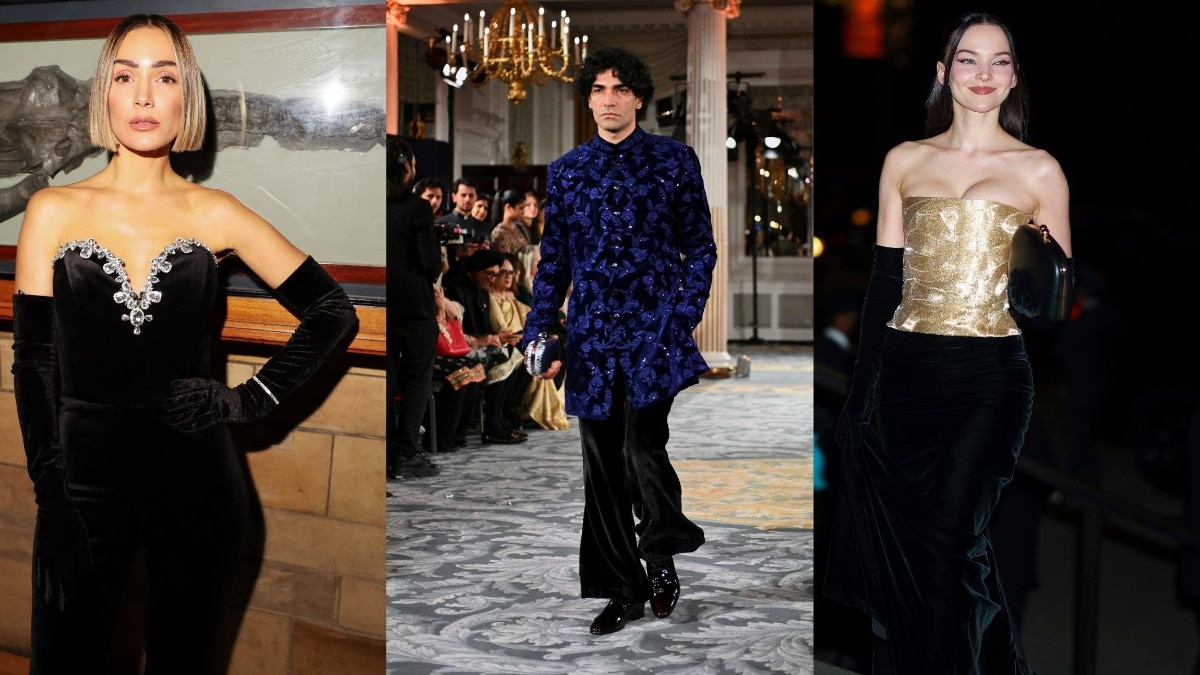Why 'Rockstar' continues to be relevant 13 years after its release
On Imtiaz Ali and his one-of-a-kind works.


For the past few months, Bollywood has seen a resurgence of some favourites like Zindagi Na Milegi Dobaraa, Tamasha, and Jab We Met to name a few. The newest movie on the list is Imtiaz Ali's Rockstar, which came back to theatres this May. Everyone from those who're watching the movie for the first time, to those who are re-watching it for the umpteenth time, are consuming the movie whole, with eyes glued on the screens, waiting to learn what makes it such a fan-favourite.
At the time of its initial release, however, Rockstar did not work for many. Following the story of a man trying to make it big in the music industry, the film's randomised sequencing, intriguing storytelling, and brilliant soundtrack by A R Rahman did not translate into a blockbuster. But, going by the number of people watching it in cinemas again, it seems, the movie has grown on viewers.
Devoid of the typical, Bollywood-esque heroic entry of the male protagonist, aided by sharp cuts and macho-chauvinistic music, Rockstar begins with a gravely bruised Jordan. Played by Ranbir Kapoor, Janardhan Jakhar (a.k.a Jordan) bolts against the wind, away from an aggressive mob of people, towards an open arena throbbing with screaming fans, awaiting his voice to fill in the void. And Jordan begins his opening number 'Jo Bhi Main'.
As Gen Z are the newest lot to appreciate the nuances of the film, there is more to learn, and more to take from it with every re-watch. Interpreting the movie with a fresher, contemporary perspective has given them the ability to completely process what the creators intended with it. With its quirky, unsettled nature, poised somewhere between a story of searching for meaning and a story of love, Rockstar does not shy away from being odd. That, precisely, is the essence of Janardhan and of Jordan—standing out in a crowd.
Released towards the end of 2011, Rockstar’s story follows a timeless plot—one that wasn’t heavily impacted by the era it was set in. Janardhan’s search for success, love, and home could translate into any lost artist’s hunt for life’s meaning and purpose. Every song expresses a deep regard for finding a sense of belonging, a sense of reason, and a sense of strong emotion to channel into creating remarkable art. The context doesn’t matter.
However, more than the story of a singer trying to find his way up to the charts, this movie tells the story of a lost traveller trying to find 'home'.
The central philosophy of the movie is that the protagonist is a firm believer in the idea that we cannot make it big in life if we haven’t seen heartbreak. Janardhan, a simpleton from Delhi’s Pitampura area, follows suit, setting out on a mission to find what, or who, will break his good old heart. He finds his target in Heer—played by Nargis Fakhri—his college's local dream girl.
Although the name suggests a film centred around the rock-n-roll ways of life—groupies, blaring music and entourage—this movie is instead far more about love than one gives it credit for. They say love is something we know intuitively without ever knowing why we know it. Imtiaz Ali toys with this extension of love and carves the characters out to fit into this unconventional story.
Before Rockstar, Ali’s movies were known to be classic romances, from Jab We Met to Love Aaj Kal, he was known for creating swoon-worthy films that followed the fan-favourite girl-meets-boy storyline and worked wonders with the audience. On the other hand, Rockstar subverted this narrative entirely, leaving it to be only a sub-part of a much larger plot. Yet, the love story worked; Janardhan and Heer are still together, in all our minds.
However, more than anything else, Rockstar is a movie made entirely out of music. It captures the explicit moment that music transcends reality, plunging humans into the realm of the divine. Although there is no denying that there were many things that were wrong with the movie, it was A.R. Rahman’s soundtrack that left an indelible mark on all of us—one that we cherish just as much even today.
Portrayed alongside one of the best Sufi tunes created by Bollywood, this moment in Delhi’s Hazrat Nizamuddin Dargah is a defining visual of the movie. Imtiaz Ali won as Kun Faya Kun ran through our ears and our hearts, because not one moment in the movie could overshadow the cadence of Mohit Chauhan’s voice on Jordan’s heart-wrenching eyes that look up to the sky in search of an answer to questions he is oblivious to. Arguably one of the peaks of Ranbir Kapoor’s acting career, this scene could truly heal all.
Janardhan’s transition into Jordan is accompanied by a sense of relief and liberation that’s freeing in every sense of the word. A leap that most of us only dream of; a sense of finding one’s identity in every way identity can be found. Instead of letting himself get stuck in the labyrinthine hurdles of his life, Jordan embodies courage that allows him to transcend his own limitations. And he emerges victorious.
He pushes himself to become not who Janardhan is but who Jordan is, and he emerges as the true image of himself, regardless of how difficult it may be. He fights the fight to live his dream and he revels in it. And that is why this movie and Janardhan's (or Jordan’s) character will always remain relevant and will always inspire us to force our own transition.
The way Imtiaz Ali fashions his protagonist to fit Ranbir Kapoor, and in turn fashions Ranbir Kapoor’s personality to fit Janardhan’s remains most special. The uniqueness of his character is somehow just enough. He is eccentric but not too eccentric. He is confused, but it’s just enough. He is rebellious, but not as much to be a cliché. And lastly, he is a rendition of just another artist we may find trying to make it big. He is a rendition of us. We love him at every point in the movie because he is just like us. And that is the best part about Rockstar.
Lead image credit: Raindrop Media


